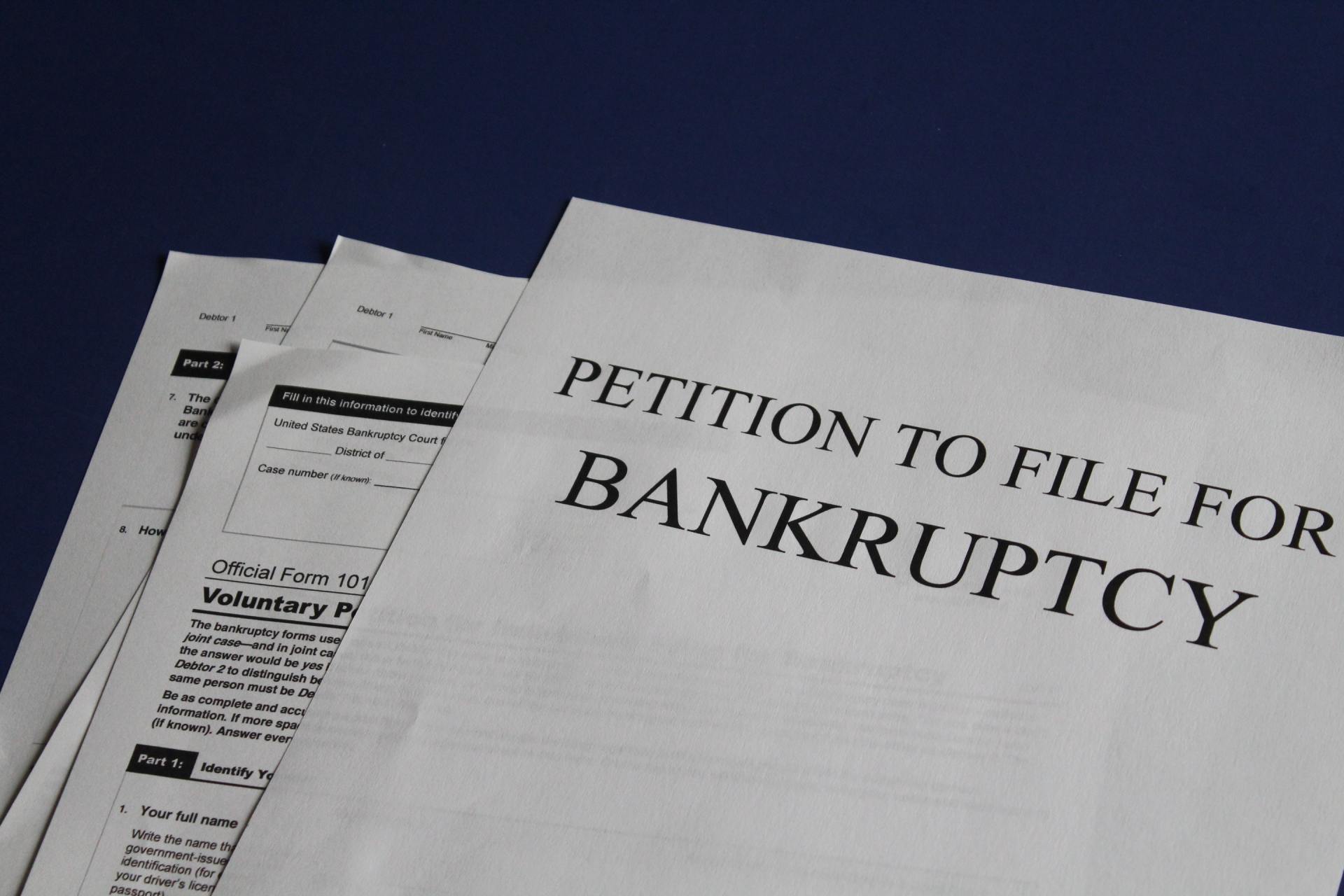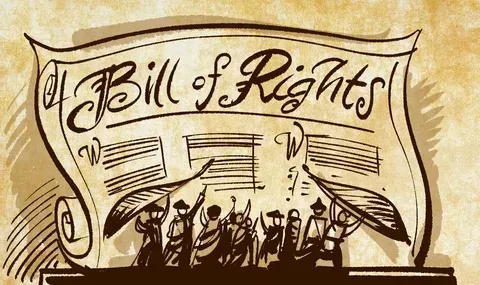5 Things to Avoid Before Filing Bankruptcy
Written by New Jersey Bankruptcy Lawyer, Lee M. Perlman.

I am sometimes asked by clients if there’s anything they should avoid doing before they file bankruptcy. More frequently, I learn during the first or second client meeting that one (or more!) of those things have already been done. If you’re even thinking about taking the plunge into a bankruptcy, there are several things you should avoid. So without further adieu, here are a few of the things NOT to do before you file a bankruptcy:
1. Transferring money or property to family or friends
A lot of people think that if they file a bankruptcy, they will have to surrender all of their assets – money, real estate, cars, etc. Based on that (incorrect) assumption, it seems logical that transferring or giving away your property or valuables before you file bankruptcy would put you in a better position and allow you to keep your stuff. However, both of these things are false. First, when you file for bankruptcy, you do not have to surrender everything you own; in fact, the bankruptcy laws are specifically designed to protect and let you keep your stuff (up to certain limits). Second, giving away your assets is a big fat no-no, and could even be considered bankruptcy fraud.
Curious about what exactly it means to “transfer property?” Here are some examples of what to avoid:
- Removing your name from a joint financial account (and leaving the account in the name of someone who is not filing bankruptcy)
- Removing yourself from title to a car
- Removing your name from a business venture
- Deeding real estate to someone else
- Depositing or moving funds into a bank account that belongs to someone else
2. Raiding your 401K or pension before filing for bankruptcy
For many people, bankruptcy is a last resort that they try to avoid by getting money to pay their bills from any available source. Oftentimes this leads them to borrowing from a 401k or pension. Unfortunately, this usually doesn’t work long term, and in the end a bankruptcy has to be filed despite this well meant attempt. What people don’t realize is that many retirement plans, like 401ks and employer structured pensions, are protected from creditors when a bankruptcy is filed. So when I hear that clients have needlessly used or depleted retirement savings in a futile attempt to avoid bankruptcy, I am always so disappointed that I did not have the chance to tell them what not to do before they came to talk to me!
3. Lying about your assets or income
When you file for bankruptcy, you have a duty to be truthful in your petition (i.e., the papers that you file with the court). This includes accurately disclosing both what you own, and your level of income. If you fail to include everything you own, or attempt to lie about your income, your case could be dismissed – and if your case gets dismissed, you won't receive a bankruptcy discharge – and it’s the discharge that gives you the fresh start you were hoping for when you decided to file for bankruptcy in the first place. Even worse, hiding your assets or income could lead to a criminal case being brought against you, complete with U.S. Department of Justice and FBI investigations. The takeaway? Lying about assets is another giant no-no.
4. Running up your credit cards
For most people, the ultimate goal in a bankruptcy case is to receive a discharge of their debts. The discharge is the thing that officially gets rid of your debt and allows you to get the fresh start you were hoping for. But your creditors can object to you getting a discharge. You heard that right - that department store, Visa card issuer, dentist - they can all object to your discharge in certain circumstances. And running up your debt right before you file is one of those circumstances.
Using your credit cards for necessities like gas, food, housing or medicine prior to filing is usually permitted. But when you charge things that are considered luxuries and not necessary to your maintenance and support, you should be prepared for an objection by the creditor. If the creditor is successful with the objection, the debt that you owe to that creditor will not be discharged, and you will still owe that money even after you receive a discharge for your other debts.
5. Favoring one creditor over another
What does it mean to favor a creditor and how can this hurt your case? When you favor a creditor it means you decide to pay one creditor only, and don’t pay the others. And anyone that you owe money to is considered a creditor – you may not think of the parent that lent you money as a creditor, but the bankruptcy code does. Your mom may not be a big financial institution, and your Visa card issuer may not make you chicken soup when you’re sick, but in the context of your bankruptcy case, your mom and your Visa card share equal status as creditors.
Paying creditors as you ordinarily do is ok, but paying one creditor only, especially a family member or friend, is not allowed, and the court can order the creditor (even your mom) to return the money so that it can be distributed to all the creditors.
The five things listed above are my top five things to avoid before filing for bankruptcy – mostly because they’re the most common mistakes I see people make, and because they’re easy to avoid as long as you know about them. There may be other things to avoid (or things you should specifically not avoid) based on the circumstances of your particular case. You should talk to a
bankruptcy attorney if you’re even thinking about filing for bankruptcy – before you’re ready to file – to see what you should and shouldn’t do now, to avoid problems in your case later.
More News & Resources












